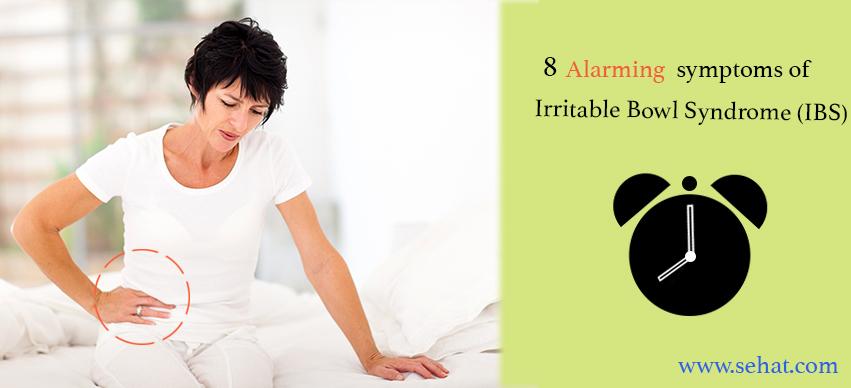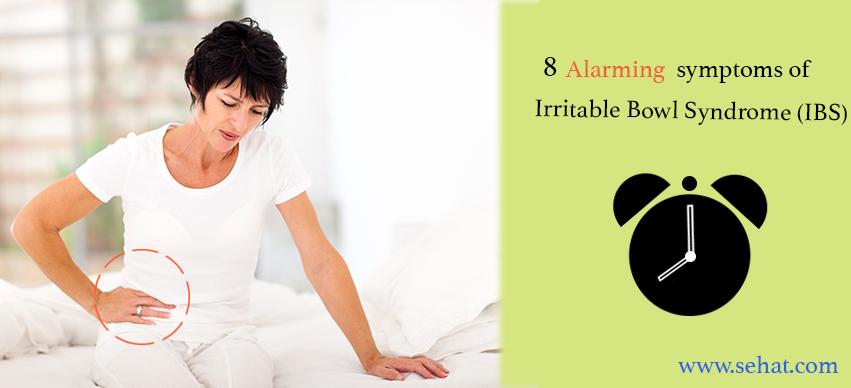Nanoparticle Therapy – An Emerging Cancer Treatment
5 Min Read


Irritable Bowel Syndrome (IBS) is a functional disorder of the gastrointestinal tract.
IBS is said to affect up to one in five people at some point in their lives. The condition is commoner in younger people and women.
A positive diagnosis of IBS should be reached using symptom based clinical criteria, not after excluding organic diseases that can mimic the symptom of IBS. In fact, IBS is a diagnosis of exclusion.
IBS is characterized by abdominal pain or discomfort with either an alteration in either stool formor frequency. Patients also get the relief from pain or discomfort by defecation.
The Rome criteria subdivide patients with IBS according to the predominant stool type produced:
There is no single cause to explain the symptoms of IBS. Presence of IBS is associated with increased levels of stress. Patients who suffer from IBS show abnormal small bowel and colonic transit which explains the increased or reduced frequency of stools in people suffering from IBS.
The abdominal pain or discomfort could be due to excessive gas production, visceral hypersensitivity. There is a Balloon distension of the gastrointestinal tractin patients which IBS which causes abnormal pain and discomfort.
There are symptoms which require evaluation and re-consideration of the diagnosis of IBS.
Diet–The fermentable oligosaccharides, disaccharides,monosaccharides, and polyols (FODMAPs) role have been implicated in generating symptoms in IBS, due to their fermentation and osmotic effects.
So, low FODMAP diets as a treatment has been suggested. Foodswith high levels of FODMAPs should be avoided that includes some fruits like apples,cherries and peaches.
The artificial sweeteners, lactose-containing foods, legumes, and many green vegetables like broccoli, Brussels sprouts, cabbage, and peas are also part of FODMAPs and should be avoided.
Drugs- Many drugs are used by Physicians based on their clinical experience with different success rates.